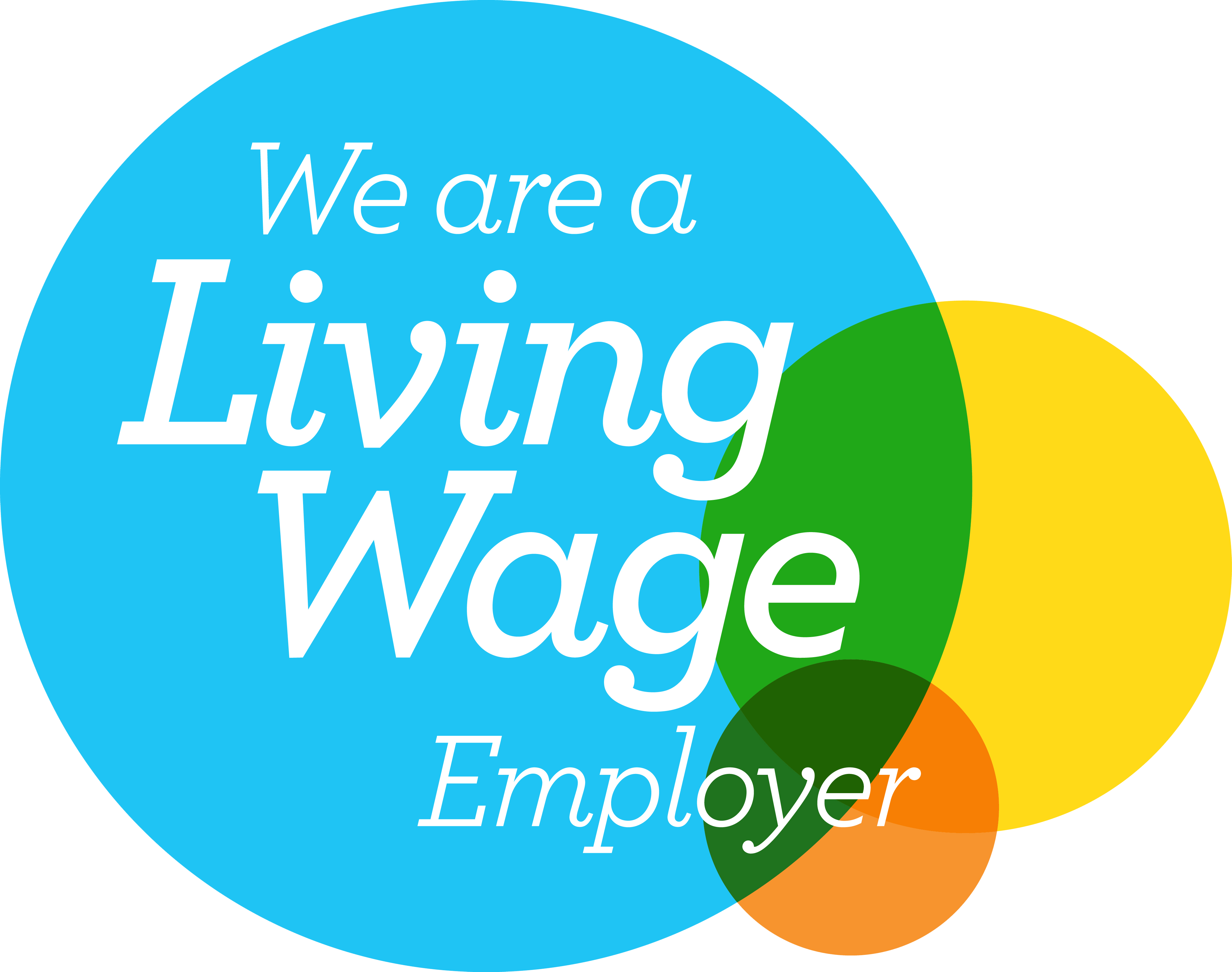5 Tips to become an SEO for Schools Expert
5 Tips to become an SEO for Schools Expert

SEO, or search engine optimisation, is one of the building blocks for digital marketing and is massively important for school websites, especially for improving parental engagement. Today, without getting too complicated, I will be going through 5 different ways that you can make a push into SEO and improve your website for the better – helping you become an SEO for schools pro.
A Brief Introduction to SEO for Schools
Search engine optimisation is the process of making your website as attractive as possible to Google robots that trawl the internet. It is these robots that decide your placement on the SERPs (search engine results page). Obviously, you want to be the number one result when people search up [your school name]+[area], so you can understand why it is so important to get SEO right.
The most common ways to improve your school’s SEO are:
- Reduce loading times,
- Produce high quality, relevant and recent content,
- Break up long content using appropriate formatting (header tags),
- BLOG,
- Use outbound links to authoritative sites.
Loading Times
This might sound like something you don’t have much of an impact on. But there are so many ways in which you can reduce long load times on your website. Huge amounts of images, loads of videos, tonnes of content, no optimisation. If this sounds like some of your pages, with content dating back several years, then you need to get to making some amendments!
Some quick fixes:
- Archive old, unused content,
- embed videos using youtube/vimeo
- Don’t upload every photo from that school trip- just the highlights!
Struggling to find what you need to optimise? Take a look at this fantastic free tool available on the web called Page Speed Insights. Simply chuck a URL in the box and press analyse. You will be given lots of metrics and different speeds. You can more or less ignore these and focus on the one number between 1-100 (1 being worst). From here you can scroll down and it will tell you exactly where you are losing points and how to fix them. Easy as that!
Google has stopped directly taking the load time into account with their most recent update to analytics. They now focus entirely on user experience. Do not let your guard down!
This does not mean that loadspeed will not impact your SEO score, because people will leave if they cannot get the information they want quickly. On average, research suggests that, if people wait longer than 3 seconds to load a page they will cancel and go somewhere else.
High-Quality Content
How often do you update your content? Do you still have documents from the mesozoic era on your website? This will mean you probably do not have a good SEO score.
Every good website will have high quality, recent, and relevant content.
Again, Google’s crawlers (the robots that Google uses for SEO) are looking at user experience. If people are going onto a page and finding old, outdated, irrelevant content, they are not going to stick around long, and they are not going to interact with your site.
So take a look through your site. If you are noticing glaring issues like a page from 2006 or a page dedicated to your favourite brand of pickle… You should look into getting those removed or updated.
Break up long content
How often would you go onto a website to find a mountainous wall of text that makes you feel like you are going crazy reading? Too often I bet! Don’t add to these numbers and make sure you are using headings.
Most website providers should give you the options between the different headings and per page you want to have one “heading 1”, several “heading 2”, a few “heading 3”. This will help break up your content nicely.
If you are a Schudio client, you can make use of the awesome feature. . . tab groups. This is another fantastic way of breaking up content by allowing you to separate pages, by their headings, into bite-size chunks.
BLOG!!
I don’t feel like this heading requires much explanation – just blog. As I have previously mentioned, timely, relevant content is of the uppermost importance to improve SEO. Blogging is the perfect channel for this.
As a school you have an automatic advantage with blogging because you don’t need to worry about finding readers- parents and prospective parents will have this covered. Establishing a large group of faithful readers will help you get extra traffic on your site when everything else is up to date.
Outbound Links
As is the same with anything, being able to back up a claim makes it a whole lot more believable.
Adding your most recent Ofsted review to your website: good.
Adding your most recent Ofsted review to your website and a link to where you can find the review on the government website: fantastic.
Citing authoritative sites will be a huge help in improving your SEO. To Google, if your information is the same as the information as a trusted site, you must be trustworthy as well.
So if you are partnered with a large company, put a quick link to them on your site, add a reference to a page where you have quoted them. It all helps.
Further Reading (for those of you wanting to really turn your website up to 11)
If you are really looking to become legends of website management, look no further than the Schudio Website Manager Membership. This membership contains a lot. This includes training, resources and support for school website managers looking for best practice information, market-leading compliance support and a supportive, engaging community of peers.











